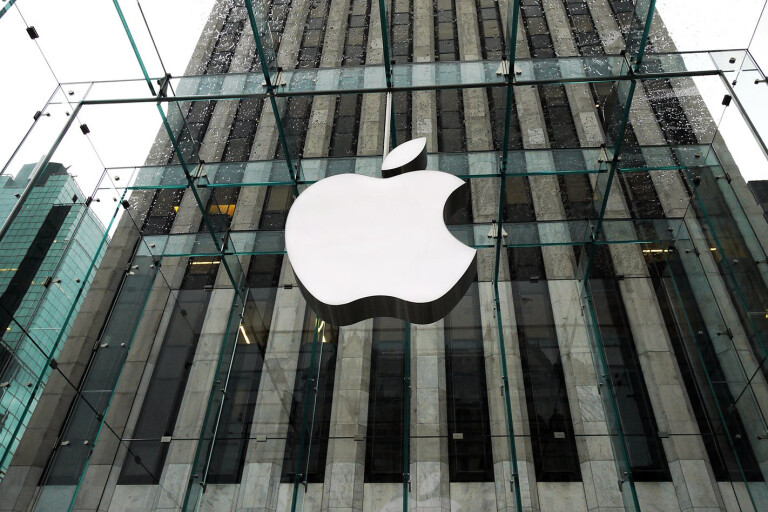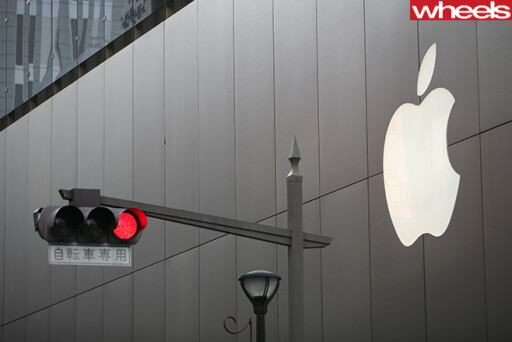
Apple often rushes things to market then works on fixing the issues. You can’t do that with cars.
First published in the May 2016 issue of Wheels magazine, Australia’s most experienced and most trusted car magazine since 1953.
Forgive me for not being as excited as the i-thingy brigade about Apple spreading its app-happy wings to develop a car.
If all the rumours are true – and there’s plenty of evidence and innuendo to suggest that the i-smoke must eventually lead to fire – the world’s second-largest tech company will be hoping to do to transport what it has done to the music and phone industries.
It’s a big call. But while Apple doesn’t always nail the bullseye first time around, it usually gets somewhere close to the target once some of the inevitable lessons are learnt. The iPod, iPhone and iPad are perfect examples.
Apple is not alone in wanting to tackle cars. Search engine giant Google is also hoping to shape transport, predominantly by sidestepping the driver with robots, although it remains to be seen if they’ll do what they’re told. The Google car’s much-publicised crash earlier this year was evidence of the challenges ahead, especially when it comes to dealing with human drivers who won’t always behave like a computer. As a result, the company said it would make “refinements to our software”, something we suspect will be happening for decades to come.
There’s no question that Apple and Google have shaped our tech worlds. But each has also made plenty of mistakes, and in Google’s case the list of failures is longer than the very short list of (admittedly very big) successes. Google Glass anyone?
 Cars are also a lot more complex and demanding than a search engine, and they have to last much longer than an iPhone or MacBook. They need to withstand a big crash and protect you in the process, while being easy to repair after a bingle. They need to be able to cope with wind, rain, snow and sun and they need to be able to work within a second of start-up across a 100-degree temperature range.
Cars are also a lot more complex and demanding than a search engine, and they have to last much longer than an iPhone or MacBook. They need to withstand a big crash and protect you in the process, while being easy to repair after a bingle. They need to be able to cope with wind, rain, snow and sun and they need to be able to work within a second of start-up across a 100-degree temperature range.
Oh, and they need to work faultlessly the minute you drive them out of the dealership. It will require the tech giants to develop their four-wheeled products in a very different way to their regular offerings.
As with its rivals, Apple often rushes things to market then works on fixing the issues once it’s in consumer hands (Apple Maps anyone?). You can’t do that with cars. You can’t use consumers to help develop climate-control systems or the entertainment system, let alone the braking or crash-avoidance systems.
History suggests, though, that Apple won’t have issues finding buyers. There are millions of fanbois around the world eager to buy anything new adorned with the Apple logo. But there’s a big difference between having a new phone or watch or iPad go on the fritz for a minute or two and a car doing 100km/h down a freeway.
Fast learners
From the outside, Apple appears to be playing it smart when it comes to developing its top-secret car. The California-based company has been hiring experts across the automotive industry – including some engineers from Holden – to at least shortcut some of the lessons learnt from more than 100 years of car-making. And, as with everyone at Apple, secrecy appears paramount to their future employment; it’s understood part of the deal is not to talk to anyone outside the company about what they’re up to.

COMMENTS